From adolescence to adulthood, everyone is taught that vitamins and minerals are essential for a healthy body. While that fact is true, the terms “vitamins” and “minerals” are often used interchangeably, although they are not the same.
So, what is the difference between vitamins and minerals? Taking a daily multivitamin is beneficial, but so is understanding why. (And how they’re different from minerals.)
Here’s what you need to know:
What Is the Difference Between Vitamins and Minerals?
Before diving into the specifics, let’s take a look at the overall differences. Here’s a quick breakdown:
Vitamins:
- Organic substances obtained from plants and animals
- All types are necessary for the body to function
- Easily destroyed by heat, light, and other cooking processes
Minerals:
- Inorganic substances found in soil and water
- Only certain types are essential for proper nutrition
- Not affected by heat, light, or chemical reactions
Why Are They Important?
Vitamins and minerals both support healthy growth. They help strengthen bones, boost the immune system, heal wounds, and convert food to energy (just to name a few). People get these nutrients by eating a well-balanced diet and taking supplements.
To get a better idea of how vitamins and minerals work, here are the details:
Vitamins
Vitamins are categorized into two different types: water-soluble and fat-soluble.
Water-Soluble Vitamins
These vitamins are dissolved into water and absorbed into tissues. They’re ready for immediate use but aren’t stored in the body, so they need to be replenished on a regular basis. (Hello, vitamin supplements.)
Water-soluble vitamins include:
Vitamin C: Boosts your immune system and assists in developing bones and healing wounds (found mostly in citrus fruits).
B-Complex Vitamins: These include B1, B2, B3, B5, B6, B7, B9, and B12. While they are all important, the ones you’re probably most familiar with are:
- B12 – Helps nerve function (eggs, poultry, shellfish, meat, and milk products)
- Folic Acid (B8) – Helps develop healthy red blood cells (leafy green vegetables, mushrooms, wheat bread, and peas)
- Riboflavin (B2) – Promotes healthy vision and skin (eggs, lean meats, and milk)
Since the C and B vitamins need constant replenishing, daily supplements are recommended. You can find various options for Vitamin C, and Vitamin B Complex From Vitabiotics is a great option for B vitamins.
Fat-Soluble Vitamins
Unlike water-soluble vitamins, fat-soluble vitamins are absorbed in fat and therefore stored within the body. Since these vitamins are not easily expelled like water-soluble ones, too much of them can be toxic. Supplements are not generally needed if you maintain a healthy, balanced diet.
Fat-soluble vitamins include:
- Vitamin A – Maintains vision, cell growth, the immune system, and hair growth (liver, fish oil, and butter)
- Vitamin D – Builds healthy bones and regulates the immune system (the main source is sunlight)
- Vitamin K – Essential for blood clotting (leafy green vegetables and soy products)
- Vitamin E – Antioxidants, which prevent cell damage (vegetable oil, seeds, and nuts)
Minerals
Unlike vitamins, minerals are inorganic and come from the earth. They are found in rocks, soil, water and absorbed by plants and the animals that eat them. In turn, humans get those minerals by eating plants and animals that contain minerals.
Some foods, however, can be modified to include minerals, such as cereal. Supplements are also available if you’re unable to get the recommended amount in your diet.
Macro and Trace Minerals
Minerals are separated into two categories: macrominerals and trace minerals. The human body needs more of the macrominerals and less of the trace minerals.
Macrominerals include calcium, magnesium, sodium, potassium, phosphorus, sulfur, and chloride. They are found in meat, dairy products, dark green leafy vegetables, whole grains, beans, and nuts.
Trace minerals include iron, zinc, copper, fluoride, iodine, chromium, manganese, molybdenum, and selenium. These minerals are still essential for a healthy body but aren’t needed in large amounts. You can find them in foods like eggs, beans, avocados, nuts, yogurt, and cheese.
Vitamins vs. Minerals
Knowing the difference between vitamins and minerals is necessary to determine the healthiest diet for your body. Although they are different, they are equally important for your well-being. The bottom line? Focus on the right balance of food and supplements — your body will thank you!
For more ways to improve your health, be sure to check out the rest of our health and wellness articles.






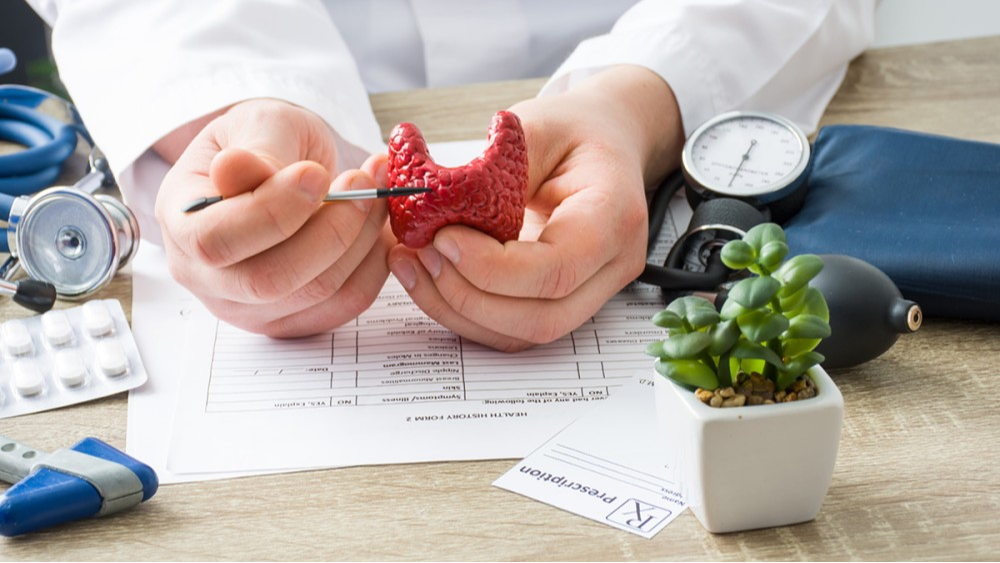
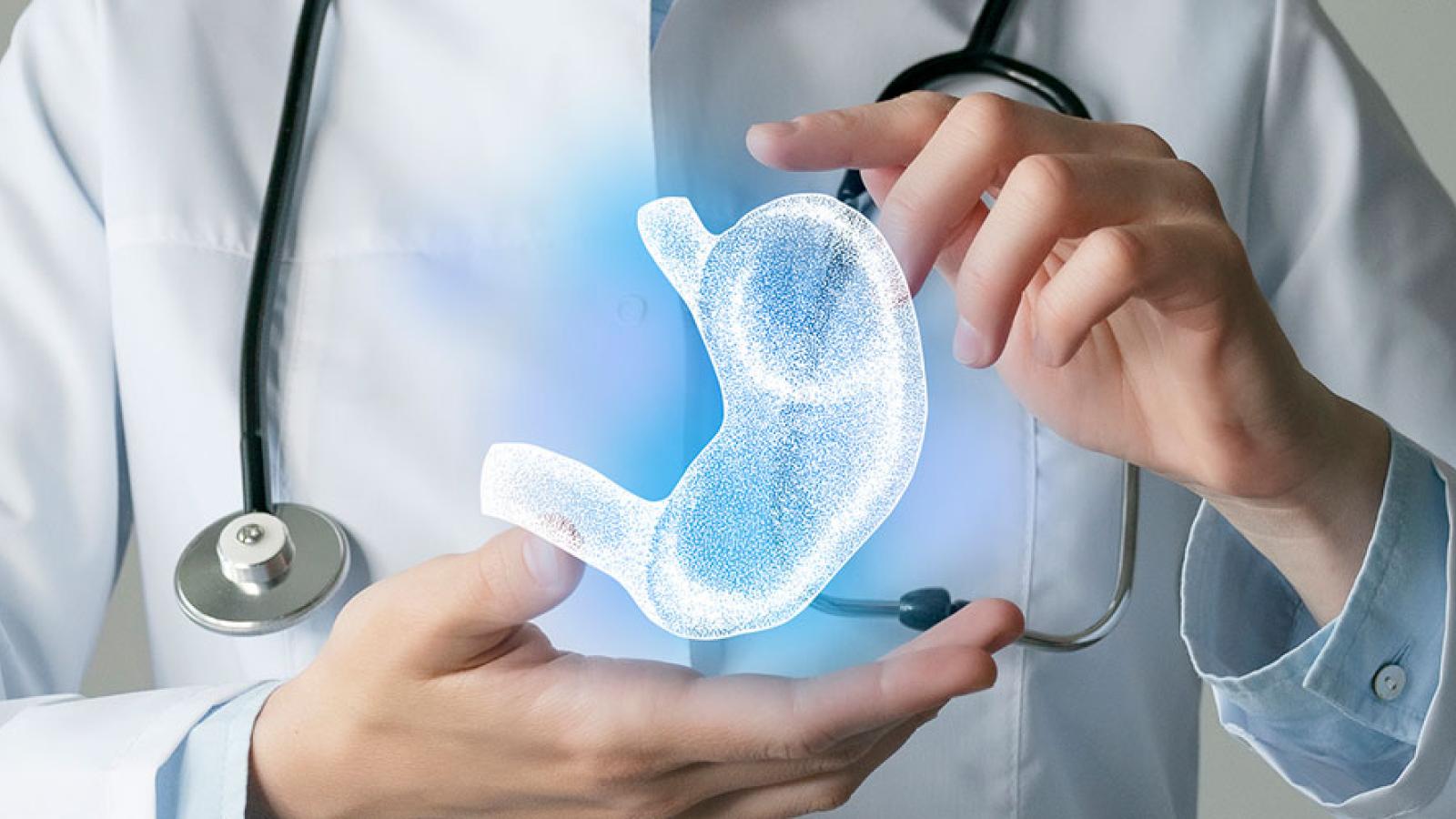
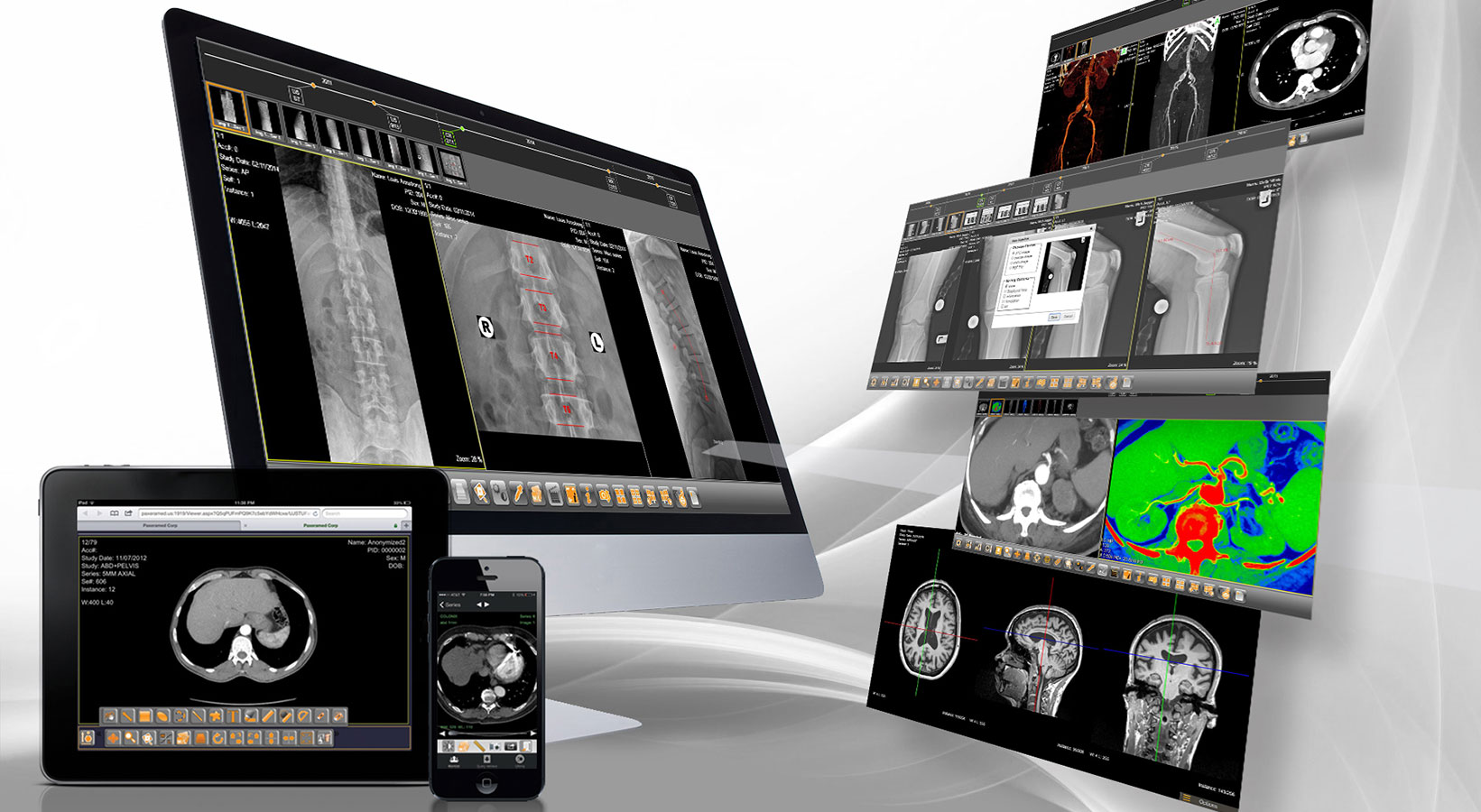
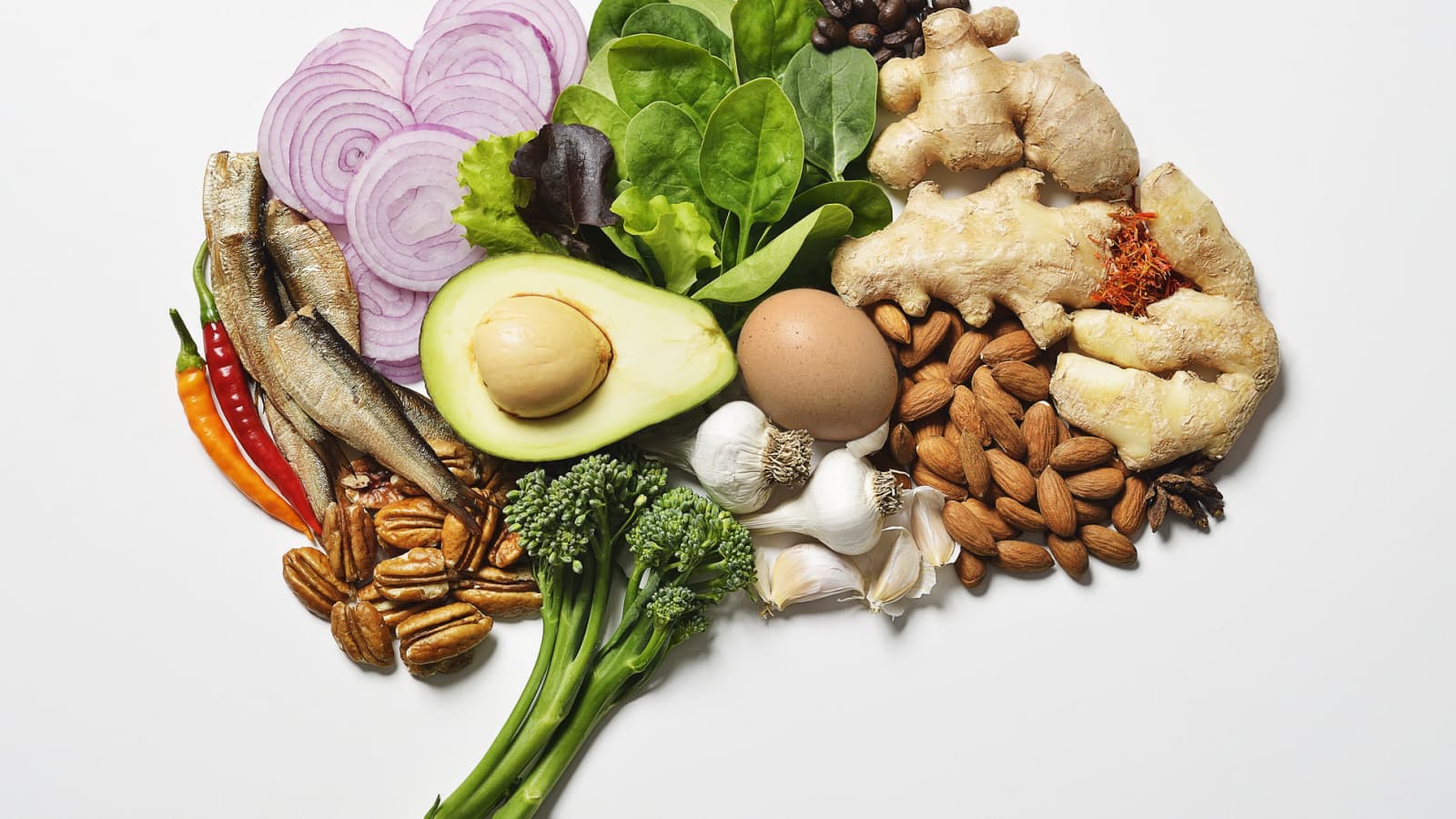

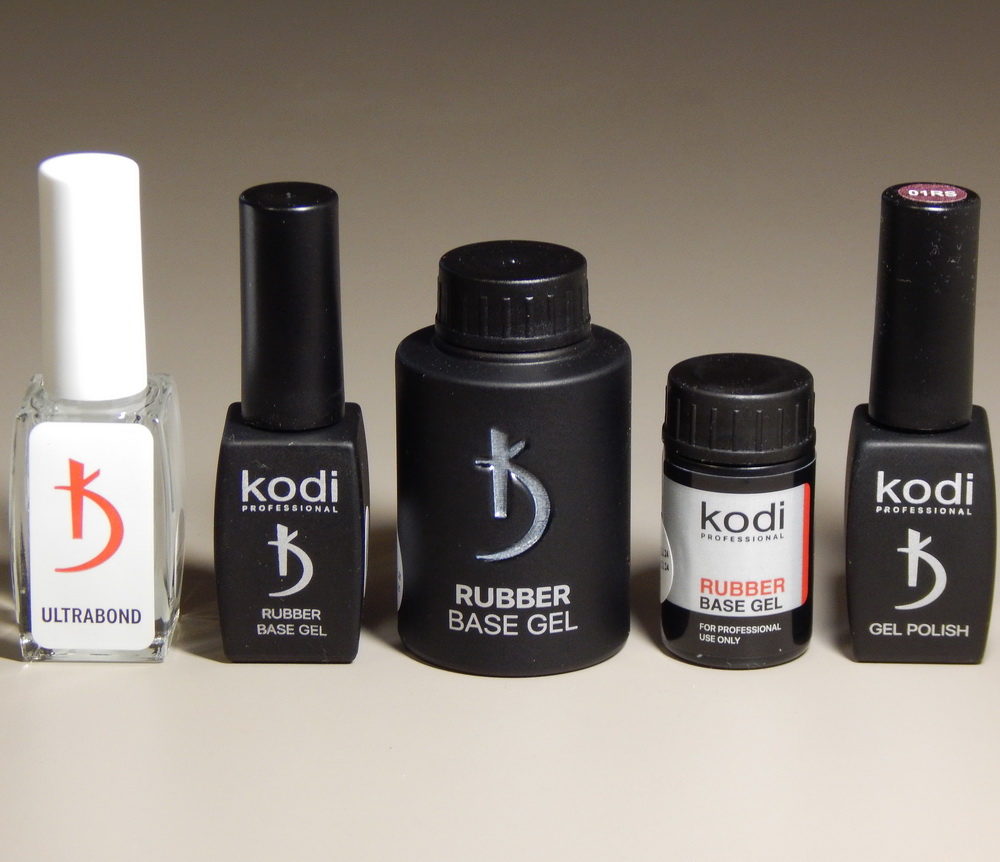


Leave a Reply